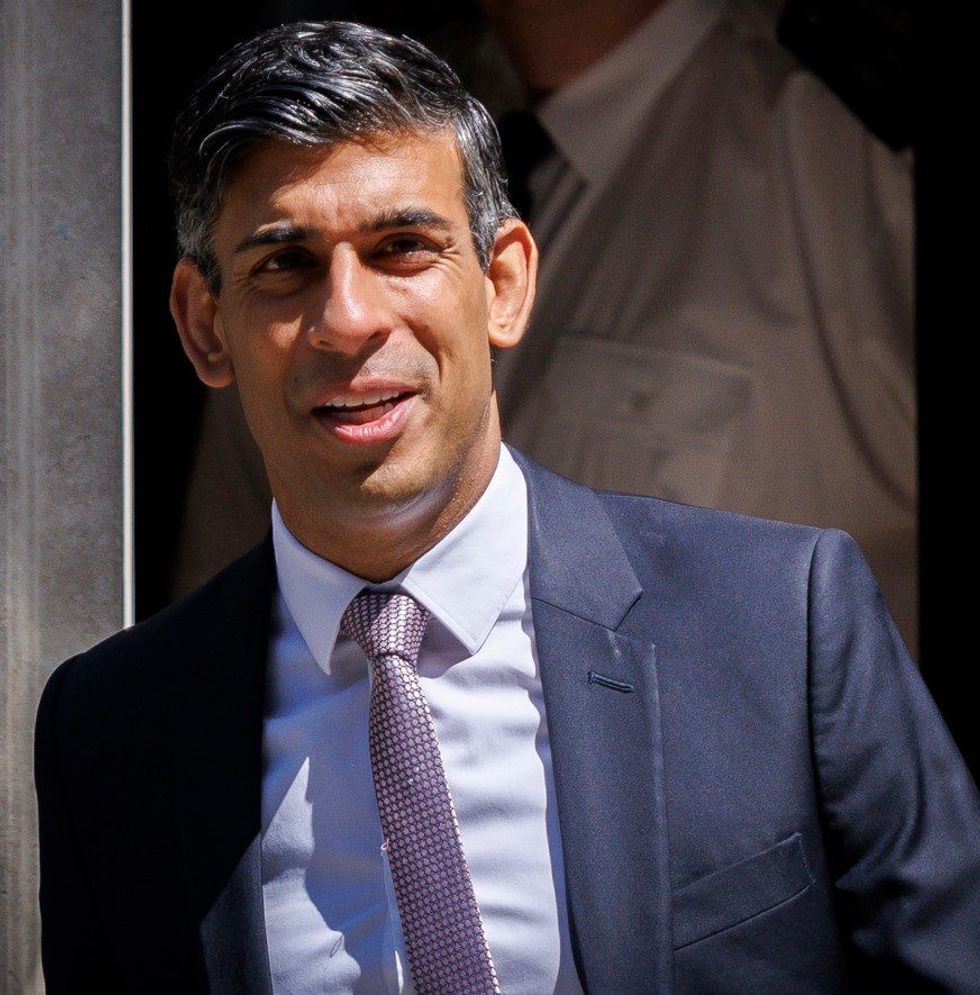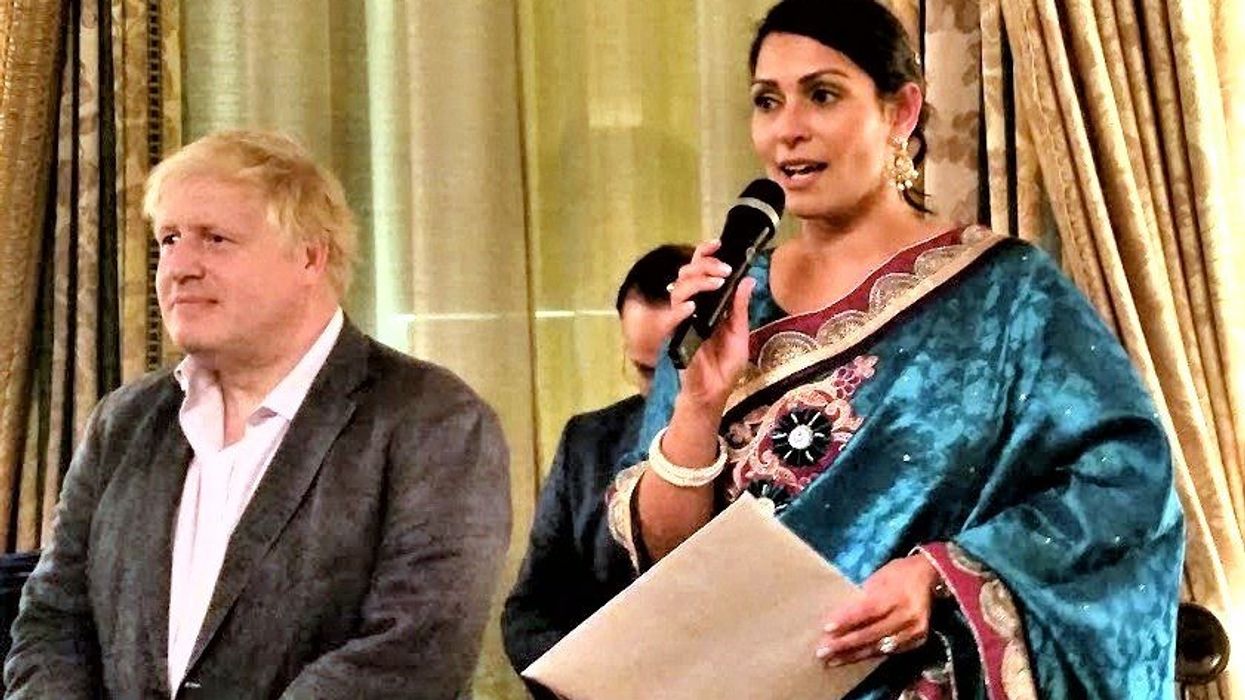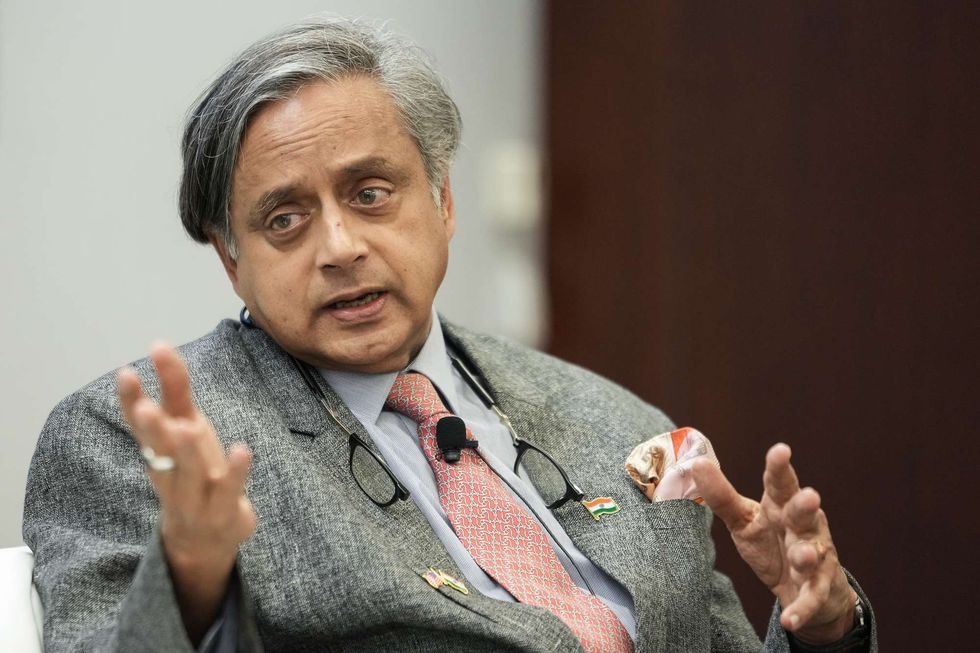The 30,000-word report from the Commons privileges committee, finding the former prime minister Boris Johnson guilty of deliberately “misleading parliament”, was entirely predictable.
That Boris should throw his toys out of the pram and call the committee a “kangaroo court” was also predictable. He didn’t want to defend his seat, Uxbridge and South Ruislip, where his majority is “only” 7,210, at the next general election, so he jumped before he was pushed and stepped down as an MP.
That he should now look for a safe seat with, say, a 20,000 Tory majority is also predictable. How can he take over from Rishi Sunak if he is not an MP?
What has come as a surprise to me is that he should have taken a job as a columnist with the Daily Mail, having effectively “betrayed” the Daily Telegraph, which has had his back for years.
My own loyalties are split, having grown up man and boy on the Telegraph, though my four happiest years in Fleet Street were at the Mail under David English, to my mind the greatest editor this country has produced.
At a Hinduja Diwali party a few years, Boris said to me, “We Telegraph people should stick together.”
The Telegraph has been very loyal to Boris, who used to receive £2,500 for a column that he could knock off in 45 minutes. I hold Charles Moore, my former editor both at the Sunday Telegraph and the Daily Telegraph, in high regard.
Charles, given a peerage by Boris, usually writes about the former Tory leader with great sympathy. This is marked contrast to Sir Max Hastings, Boris’s editor at the Daily Telegraph, who thinks he was not fit to be prime minister.
Boris was expected to give a peerage to Paul Dacre, editor-in-chief of the Mail titles. But Paul’s name was missing from Boris’s resignation honours list.
There is the money aspect, of course. The Telegraph Media Group is up for sale and may have felt it could no longer afford to pay Boris £2,500 per column when there was no guarantee he could return to No 10. According to one report, the Mail has offered him £1 million – and we know Boris (unlike Rishi) needs the money. He is on a revenge mission and will use the column to try and bring down Rishi.
A political commentator told GB News: “It’s a megaphone for him to lay into Rishi Sunak. He’s going to be a thorn in the side of Number 10 for the next 12 months. I think, without a doubt, Boris Johnson wants Keir Starmer to win the next election.”

The Indian community was once very pro-Boris. But if it has to choose between Boris and Rishi, it will back the latter. Apart from anything else, Rishi is the better prime minister.
The Mail boasted about getting him: “We’re delighted to announce Boris Johnson as our new columnist. Famed as one of the wittiest and most original writers in the business, Boris’s column will appear in the Daily Mail every Saturday.”
He has broken ministerial rules by taking the column. He was supposed to clear the job after leaving the Commons with the Advisory Committee on Business Appointments (Acoba), chaired by Conservative peer Lord Pickles. It exists to ensure there is “no cause for any suspicion of impropriety” when a former minister or senior official takes up a new job.
It said: “The ministerial code states that ministers must ensure that no new appointments are announced, or taken up, before the committee has been able to provide its advice. An application received 30 mins before an appointment is announced is a clear breach. We have written to Mr Johnson for an explanation and will publish correspondence in due course, in line with our policy of transparency.”
The Telegraph won’t be pleased that Boris has jumped into bed with the Mail. Both papers will still support him against Rishi because that’s the way it is. But sensible voters will see that the best person by far to take Britain through difficult economic times is Rishi. Sir Keir Starmer’s Labour party has more or less given up on Indians. If people are not reliant on state benefits and have ideas above their “immigrant” station in life, what use are they to the Labour party?
One person who won’t be pleased Boris has been given a column by the Mail is Nadine Dorries. It has given her a column, too, as someone who could speak on behalf of Boris. But if it has the man himself, the Mail may reckon paying her as well for a column might seem like a waste of money.
Dorries is very upset she was robbed of a seat in the House of Lords. But that has nothing to do with Rishi. Her nomination was rejected by the House of Lords Appointments Commission (Holac) which decided that she was not Baroness material.
The person I feel sorry for is Alok Sharma, the former COP26 president, assuming that he was on the list. By and by, I hope his name will be put back. He certainly deserves a peerage for his work on climate change.
Never has a former prime minister been humiliated in the way that Boris was when the Commons accepted the privileges committee’s recommendations by 354 votes to seven on Monday (19).
Theresa May was among 118 Tory MPs who voted against Boris, making his possible return to 10, Downing Street highly unlikely.
Boris should focus on what comes naturally to him – cracking jokes, writing books and articles and making millions. He should also enjoy being a father.
It’s Rishi’s time now to focus on the economy. He also needs to take a trade delegation to India. Many of his supporters will be disappointed he showed lack of leadership by being absent during the Commons debate on Boris. He is clearly scared of the support Boris still has among party members outside parliament – and in the Telegraph and the Mail.






 Shashi Tharoor
Shashi Tharoor Nicolás Maduro arriving at the Down town Manhattan Heliport.
Nicolás Maduro arriving at the Down town Manhattan Heliport.






